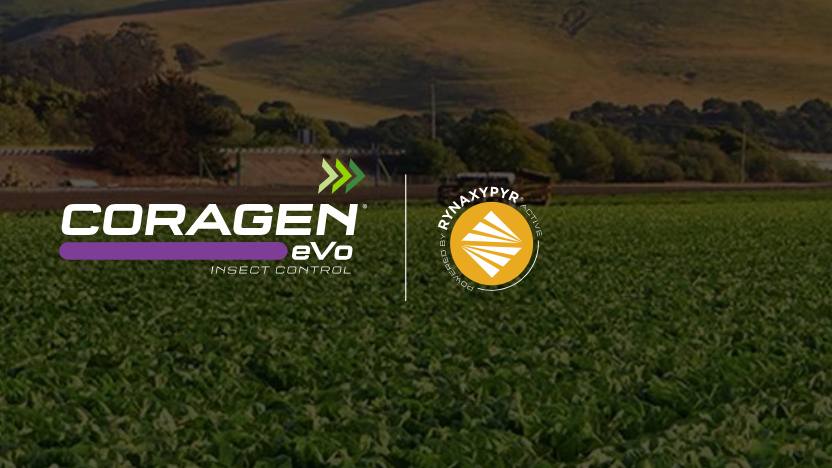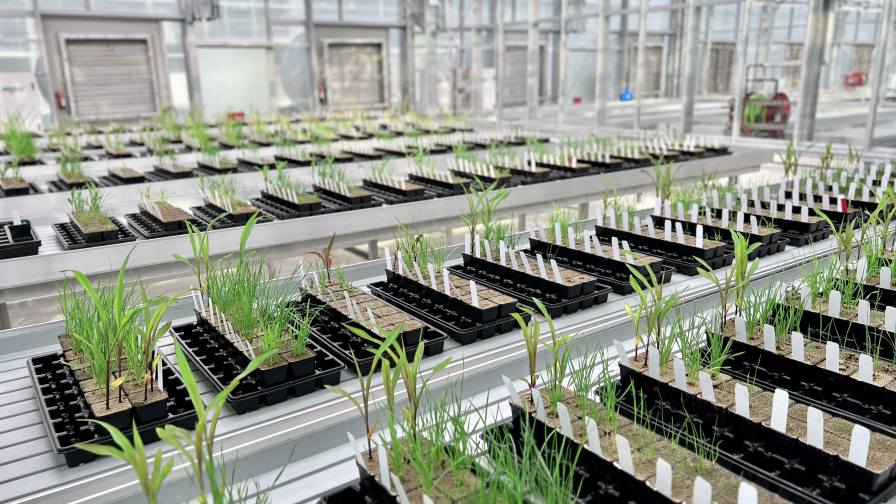African Countries Set Field Trials For Water-Efficient Corn
Agronomists in Kenya and Uganda have laid the groundwork for confined field trials of varieties of Water Efficient Maize for Africa (WEMA).
Daniel Mataruka, executive director of the African Agricultural Technology Foundation (AATF), who noted this at the World Food Prize Symposium recently, said there is preliminary evidence that the WEMA varieties, which were developed through a public-private partnership, could provide yields between 24 and 35 percent higher than what farmers were now growing.
The process for testing the WEMA varieties has been informed by a series of “mock trials” conducted in 2009 in Kenya and Tanzania.
These trials carefully simulated field conditions, procedures, and regulatory oversight that will occur in the actual trials.
“The mock trials have provided an opportunity for researchers working on the WEMA project to fine-tune the procedures of carrying out the actual transgenic trial in 2010,” Mataruka said. “There have already been positive gains made in drought tolerance using traditional breeding methods by our partners,” said Mataruka. “WEMA is working to further increase those gains in drought tolerance in hybrids adapted to eastern and southern Africa through both advanced breeding techniques and biotechnology.”
The drought-tolerant WEMA varieties are being developed under a partnership involving AATF, the International Maize and Wheat Improvement Center (CIMMYT), Monsanto, and the national agriculture research systems in Kenya, Tanzania, Mozambique, South Africa and Uganda.
If the biotechnology is accepted by national governments, the new varieties will be made available to smallholder farmers royalty-free.






